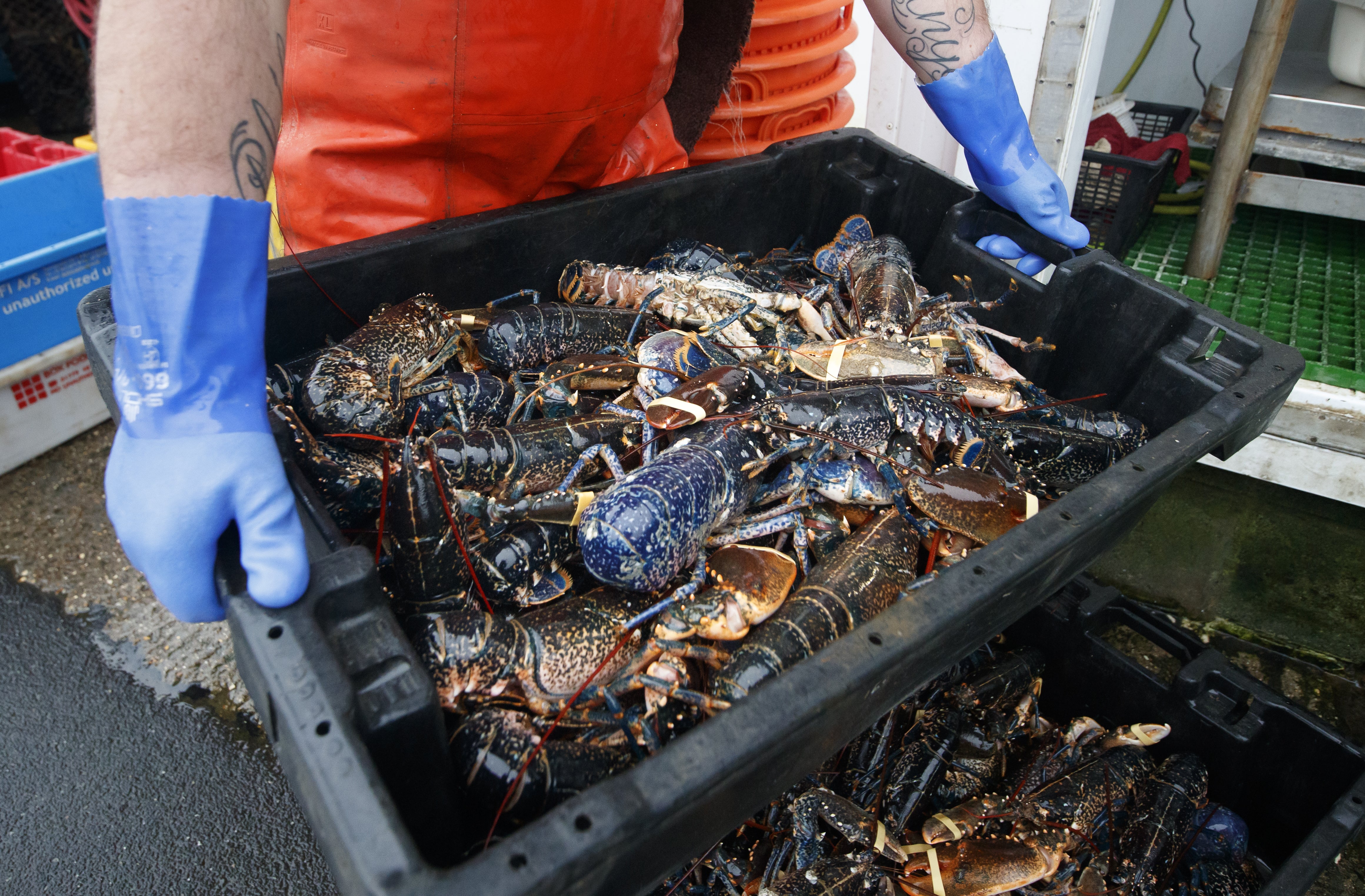Yorkshire’s title as the lobster capital of Europe under threat as thousands was up dead
Locals blame chemical leaks and pollution for sudden deaths

Your support helps us to tell the story
From reproductive rights to climate change to Big Tech, The Independent is on the ground when the story is developing. Whether it's investigating the financials of Elon Musk's pro-Trump PAC or producing our latest documentary, 'The A Word', which shines a light on the American women fighting for reproductive rights, we know how important it is to parse out the facts from the messaging.
At such a critical moment in US history, we need reporters on the ground. Your donation allows us to keep sending journalists to speak to both sides of the story.
The Independent is trusted by Americans across the entire political spectrum. And unlike many other quality news outlets, we choose not to lock Americans out of our reporting and analysis with paywalls. We believe quality journalism should be available to everyone, paid for by those who can afford it.
Your support makes all the difference.Thousands of lobsters have been found dead in Yorkshire in recent months, putting the region’s status as one of Europe’s top catch spots at risk.
In autumn last year, thousands of the crustaceans began to wash up along the northeast coast, from Bridlington to Scarborough and Whitby.
Campaigners feared that the mass deaths - which also affected crabs - had been caused by pollution or a chemical leak.
But an investigation by the government Department for Environment, Food & Rural Affairs found no evidence of this.
It said the mass deaths could have “potentially” been caused by a naturally occurring algal bloom – and said it was “unlikely that chemical pollution, sewage or infectious aquatic animal diseases were the cause of the deaths”.
Efforts are now underway to rear juvenile lobsters to replace the thousands that have died.
Joe Redfern, who is running the project at Whitby Lobster Hatchery, said the baby lobsters were needed now more than ever and would be released into the North Sea once they are fully grown.
The 30-year-old said the unexpected deaths had put the livelihood of people working in the fishing industry at risk.
“There are a lot of boats already for sale, people considering moving away to somewhere else,” he told The Times.
“We’ve seen it before with fishing. Norway had a strong lobster fishery in the nineties but that was overfished and collapsed.”
The lion’s share of Yorkshire’s shellfish makes its way onto the plates of restaurants in the Mediterranean, including France, Portugal and Spain.
Mr Redfern warned the situation in the northeast could deteriorate unless conservation measures were brought in.
“It’s in decline — if you speak to anybody, particularly to the guys up around Hartlepool, Teesside, Redcar, everyone is depressed,” he told The Times.
“Everybody says the stocks are under threat. We do hope the hatchery project can be some part of a solution to making sure they are protected.”




Join our commenting forum
Join thought-provoking conversations, follow other Independent readers and see their replies
Comments